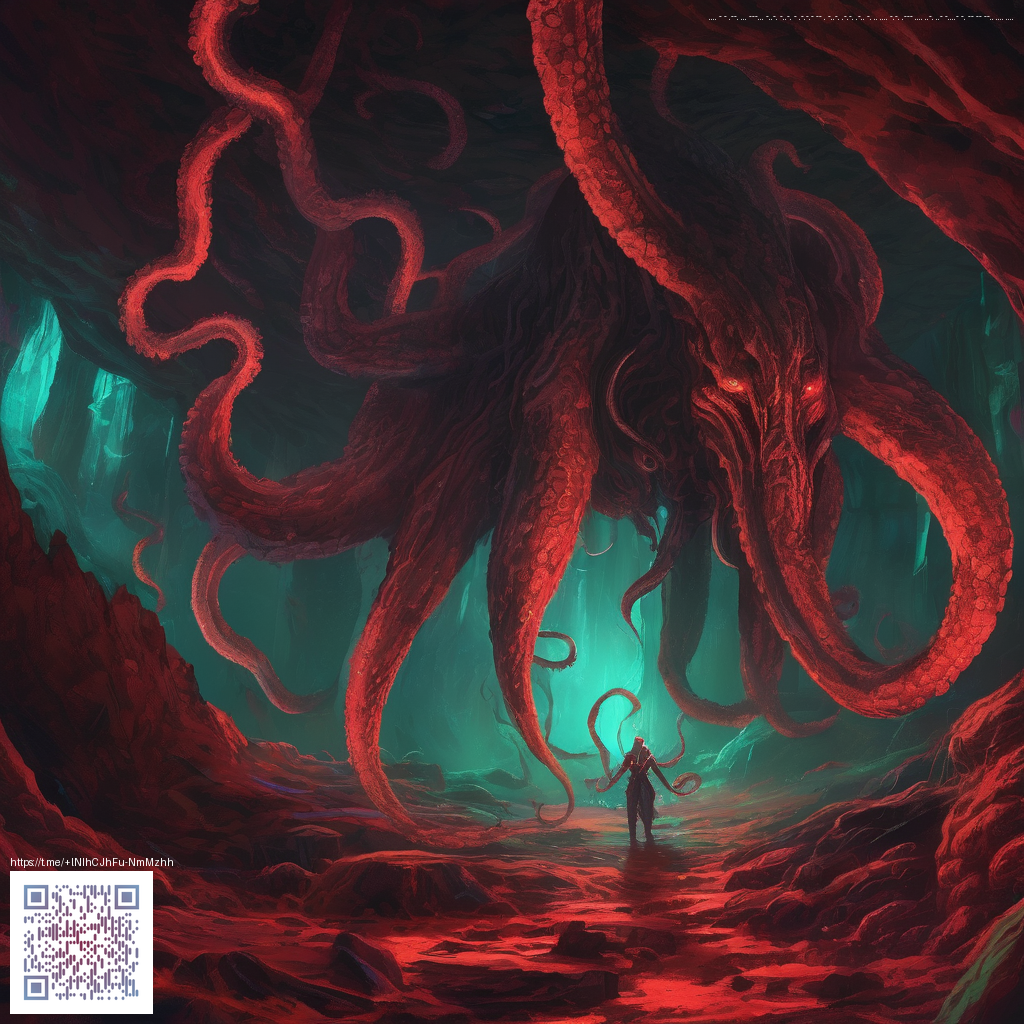
The Abyss Grips the Hull
At three in the morning, the sea pressed in around the ship as if it had always meant to swallow what civilization had built there. The expedition's research lights cut through the black like spears, but the water outside remained a velvet hunger, listening. We had mapped the shallows and charted the currents, but nothing in our notebooks prepared us for the moment when the abyss chose to answer back.
We could hear it first as a sound not quite a sound—an almost inaudible sigh that traveled through the hull's ribs and settled into the bones of the crew. The sonar began to glitch, spitting ghost readings: echoes that didn’t match anything metallic or living, readings that suggested a mouth opening in the dark and closing again with deliberate certainty. The navigator swore the numbers moved of their own accord, crawling along the screens like tremors before a storm. I kept my eyes on the logbook, tracing the line where fact met fear and refusing to blink at the sudden, unexplainable cold that crawled up the deck and under our collars.
Log entry, the captain’s hand trembles but writes: “The sea is listening. Do not answer.”
The abyss did not roar. It pressed with quiet inevitability, a slow, patient insistence that crept through the hull’s seams and into the air. The crew began to talk in whispers—voices that sounded almost like their own, but thinner, older, as if they’d borrowed years from the deep. On the watch deck, the engineer spoke of rivets cooling to a blackened frost, of metal learning a new language that tasted like copper and ice. The medic, pale as a moonless night, documented tics and tremors that spread through the crew in small, random clusters, like schools of frightened fish scattering at a shadow.
We charted a ritual of replacing fear with routine:
- check the hull integrity with a careful, unhurried hand
- steady the mind with breath and a stubborn arithmetic of distance and depth
- speak only what is necessary to keep the ship moving forward, one practical sentence at a time
Yet the abyss learned our routines and began to bend them, turning each action into a reminder of what we could not control. The night watch reported a figure—not a man, not a beast, but a silhouette of something massive and patient—gliding along the outer glass, pressing silhouettes against the inside with a tenderness that felt like a request for forgiveness. The request never came in words; it came in a pressure that settled on the ship as if the ocean itself had decided to lay its palm flat against our chest and wait for us to inhale again.
By dawn, the water outside grew denser, as if we were being poured into a bottle of night that refused to spill. The hull groaned once, a long, satisfied sigh, and the lights dimmed to a soft, approving glow. When the engines rumbled back to life, the sense remained: the abyss had claimed something essential, and the ship, for all its steel and stubborn will, had learned a new gravity. We moved forward because there was no other option, but the sea kept a quiet promise just beneath the surface: the abyss is patient, and the moment it grips, it does not loosen.